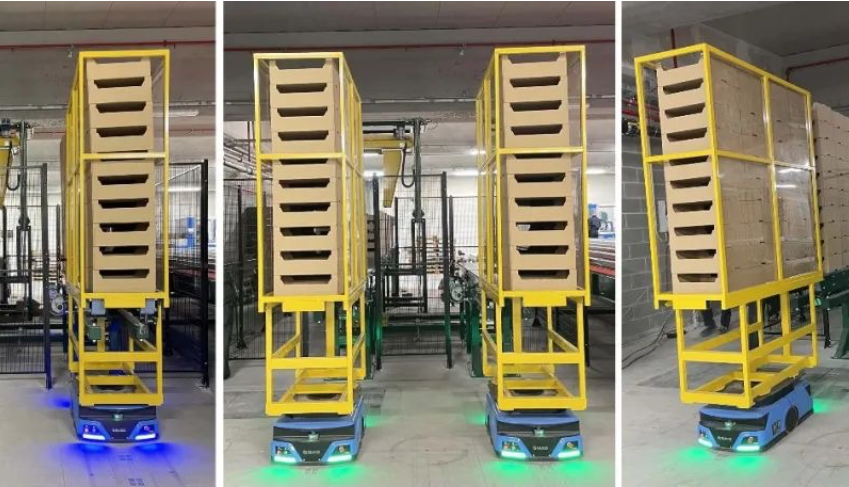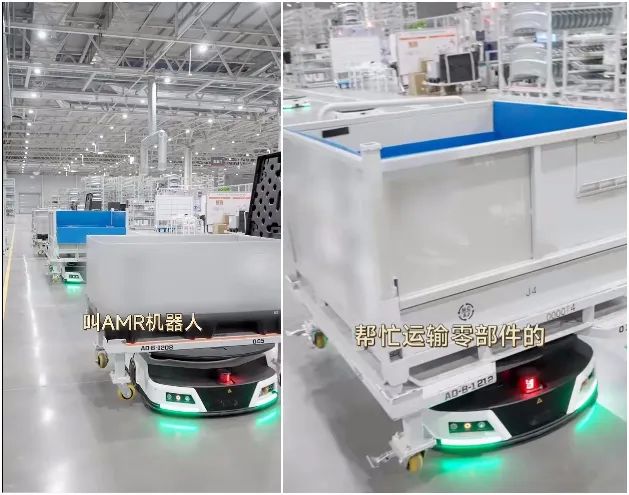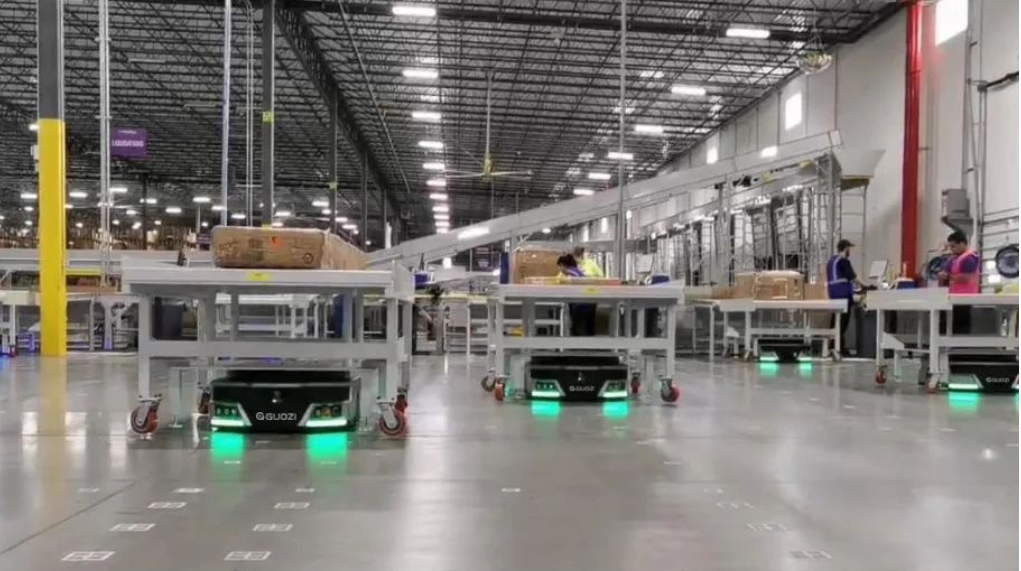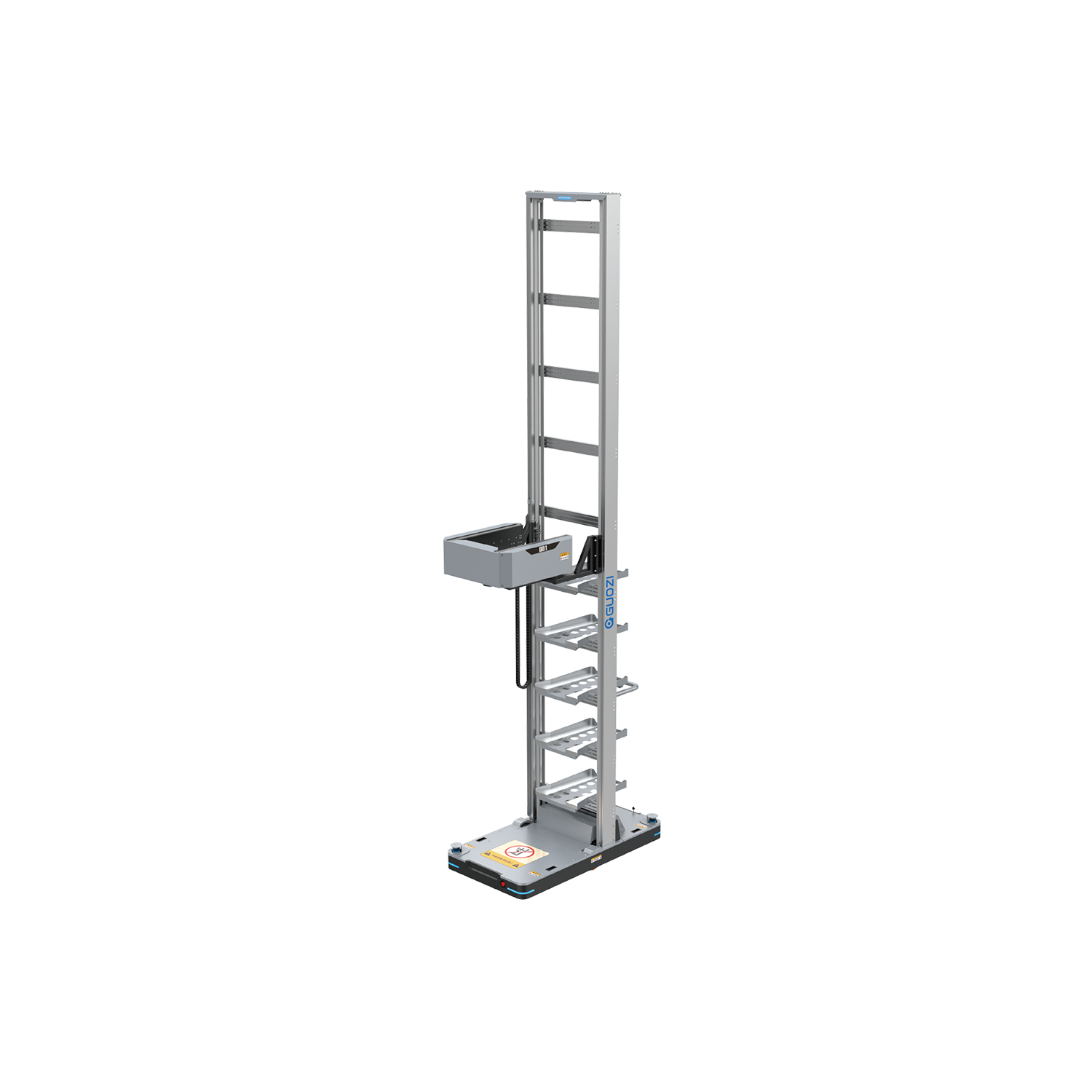With the rapid advancement of technology, robotics technology has gradually become a significant force driving the transformation and upgrading of various industries. In the field of warehousing and logistics, the application of robotics technology has given rise to the birth of integrated warehousing solutions, bringing about revolutionary changes to traditional warehousing. This article will explore the process, achievements, and future development trends of this transformation from the perspective of how the robotics industry leads the innovation and practice of integrated warehousing solutions.
I. Robotics Technology Drives Innovation in Integrated Warehousing Solutions
1. Innovation in Automated Handling
The application of robotics technology in the field of warehousing handling has realized the shift from manual handling to automated handling. Through the use of unmanned forklifts, automatic handling robots, and other equipment, the efficiency and safety of handling have been significantly improved.
2. Innovation in Intelligent Recognition
Using machine vision, deep learning, and other technologies, warehousing robots are capable of rapid and accurate identification of items, thereby improving the precision of inventory management.
3. Innovation in Warehouse Management
The combination of robots with Warehouse Management Systems (WMS) has realized real-time updates and intelligent analysis of warehousing information, enhancing the level of intelligent warehouse management.
II. Practical Achievements of Integrated Warehousing Solutions in the Robotics Industry
1. Improved Efficiency of Warehouse Operations
Through independent research and development and integrated innovation, the robotics industry has applied robotics technology to warehouse operations, significantly improving the efficiency of goods storage, sorting, packaging, and other processes.
2. Reduction of Operating Costs
Integrated warehousing solutions have reduced reliance on labor, lowering labor costs, and by optimizing warehouse processes, reducing resource wastage, thereby reducing overall operating costs.
3. Increased Space Utilization
The application of robotics technologies such as automated high-rise warehouses and intelligent shelves has maximized the utilization of warehouse space, increasing storage density.
4. Enhanced Supply Chain Flexibility
The application of robotics technology has made the warehousing link more flexible, enabling quick responses to market changes and meeting diverse customer needs.
III. Future Development Trends of Integrated Warehousing Solutions in the Robotics Industry
1. Upgrade to Intelligence
With the continuous development of artificial intelligence technology, future integrated warehousing solutions will become more intelligent, achieving autonomous decision-making and optimization in warehouse operations.
2. Expansion through Networking
Relying on the Internet of Things technology, integrated warehousing solutions will achieve global optimization of the warehousing network, improving the efficiency of the entire logistics system.
3. Customized Services
The robotics industry will offer more customized integrated warehousing solutions tailored to the characteristics of different industries and enterprises, meeting personalized needs.
4. Green and Environmental Protection
Guided by the concept of sustainable development, integrated warehousing solutions will place greater emphasis on energy saving and emission reduction, promoting the green development of the warehousing and logistics industry.
In summary, the robotics industry is driving the rapid development of integrated warehousing solutions through technological innovation. This not only brings significant economic benefits to enterprises but also provides strong momentum for the transformation and upgrading of the entire warehousing and logistics industry. In the future, with the continuous progress of robotics technology, integrated warehousing solutions will better serve various industries, further enhancing social productivity.








